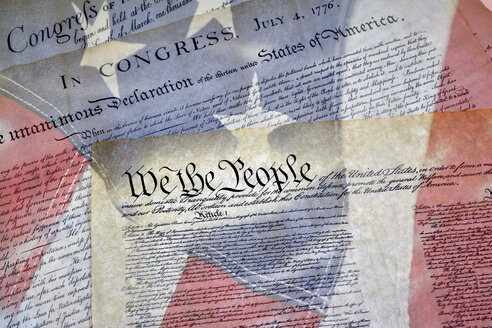Distribute the warm‐up and have students read the hypothetical and answer the questions.
Last month, your friend group decided to do something silly at lunch, so you brought a five‐course potluck meal with silverware, a fancy tablecloth, and cloth napkins from home. Your friends even brought electric candles to make the meal feel truly fancy. While your friends brought plates, napkins, silverware, a tablecloth, beverages, and vegetables, you were responsible for the main course. It was so delicious that all the students around your table became jealous. Word was out that you were an excellent chef, and so a business was born. Since then, you have allowed other students to order custom hot meals that you made and packed at home, stored in an insulated bag in a teacher’s classroom, and distributed before lunch. But the cafeteria workers have a monopoly on sales in the cafeteria, so what you were doing violated school rules. Nevertheless, several teachers bought meals from you, and the teacher who stored the bag received a cut of your profits, which were sizable. Everything was going great until someone called the school administration and told them you were engaging in these transactions. The administrators asked you to show them your bag, and they found your homemade food, a list of orders, and cash. The school released a statement that students are not allowed to engage in business transactions on school property, and they demanded that you end your business immediately. They asked that you show them your school bag and locker every day for the rest of the school year, stating that they need to ensure all students are eating the nutritious food the cafeteria provides.
-
How did your business affect the market for lunch at your school?
-
The business diversified the offerings available at school lunch. It gave students more choices but decreased the number of students buying lunch from the cafeteria.
-
When students are reporting out, you may want to support this answer with microeconomic graphs for substitute goods. If the homemade food acts as a substitute good for the cafeteria food, demand for cafeteria food will decrease, which will also decrease the quantity of cafeteria food. This should reduce prices, which means the cafeteria is losing money.
- Besides you and the teacher you paid, who benefited from your lunch business? Why?
-
Customers, both students and teachers, benefited from the business.
-
Customers enjoyed a greater variety in their lunch options and likely better food.
-
Who was hurt by the business operation? Why?
-
Do you think the school reacted appropriately to your violation of the rules? Why or why not?
-
Have students share and compare their answers with a partner. Have each pair report out an answer to at least one question.
-
Discuss with the class how this relates to the colonial situation in Boston during the French and Indian War.
-
The British Empire was a mercantile empire, which meant that the colonies were expected to provide raw material to fuel British industry and to consume British manufactured goods. The British enforced this economic system through the Navigation Acts prior to the war. As the war ensued, this exacerbated tensions between the British and the colonists.
-
The colonies of North America were importing illegal goods and avoiding British taxation.
-
The British government was largely unaware of these violations until British troops were stationed in port cities during the French and Indian War.
-
Given the expenses of the war, the British cracked down on colonial trade to generate tax revenue, which it needed to fund the war efforts that would, in essence, protect the colonies from the French and their indigenous allies.

